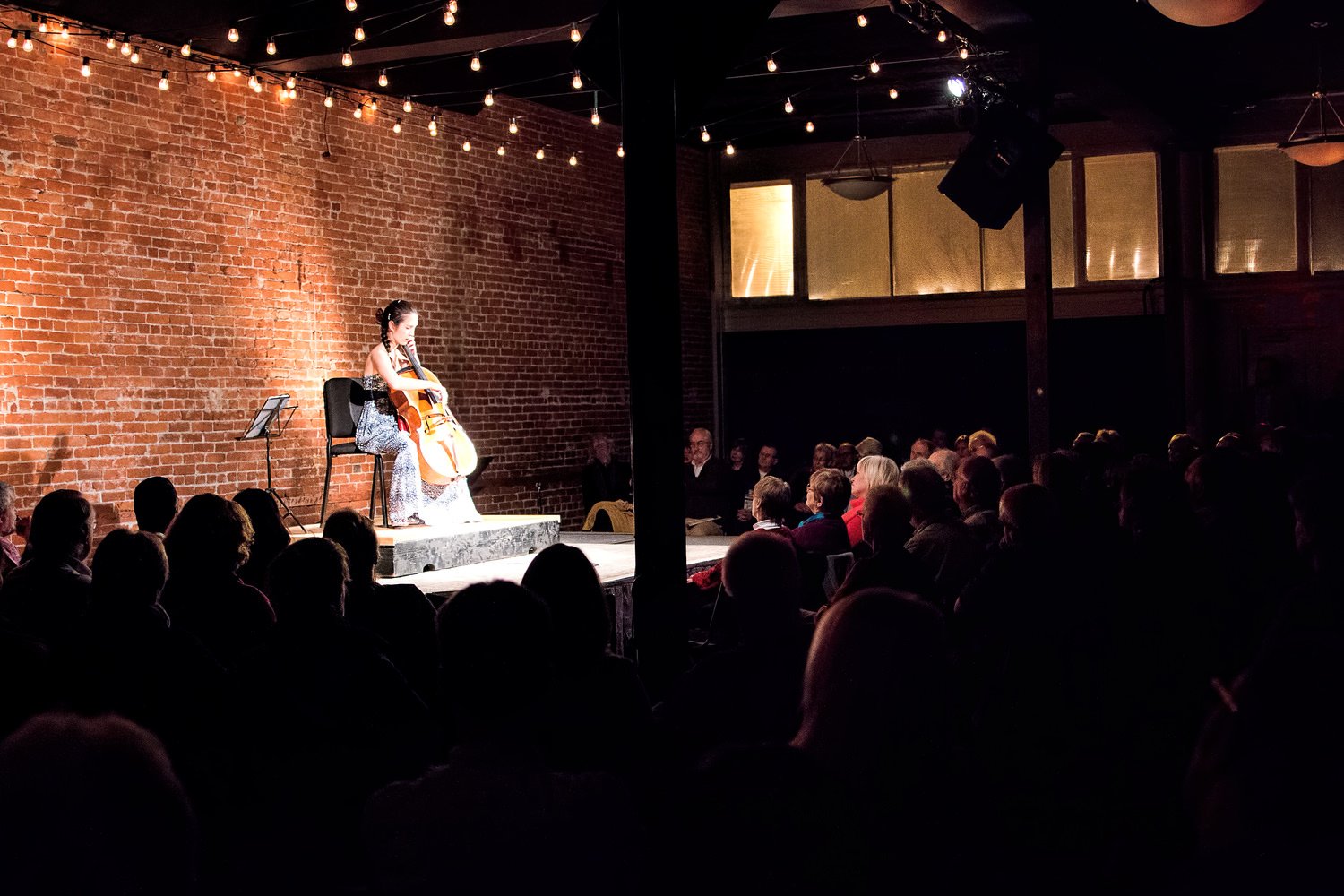
Upcoming Events
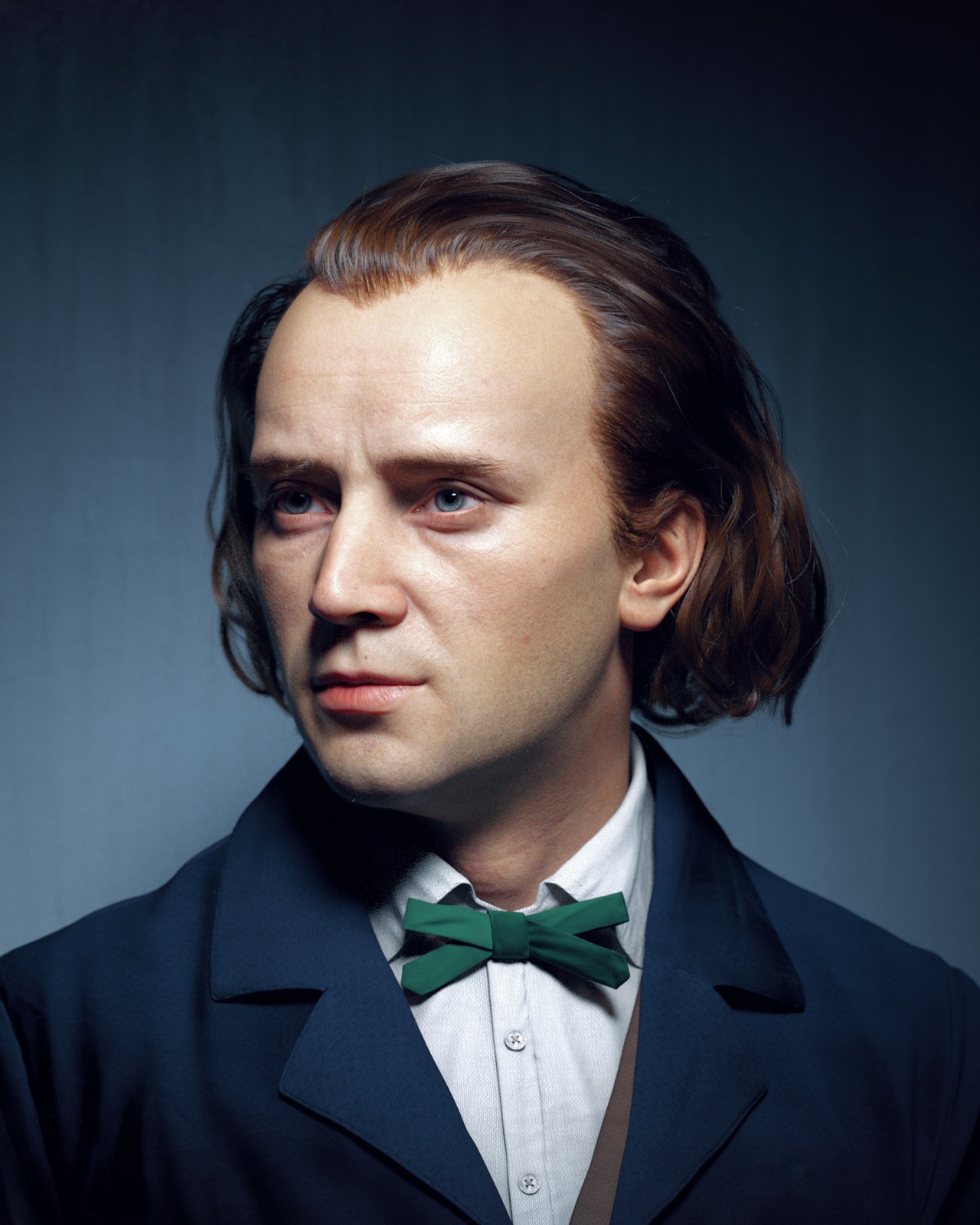
Tasting Music 1 — Brahms
Tonight’s performance has been made possible by the generosity of Iain and Stephanida Christie.
Form is funny. It tells us the shape of thing, and on first glance might seem like a limitation. But when we look at poetry, from the ephemeral haiku to the workaday limerick (Nantucket aside) to the ever tightening restrictions of the sestina, sonnet or pantoum, form itself seems to unlock boundless creativity. Form gives art a sense of timelessness, permanence and purpose. Tonight we explore three ‘first movements’ by Brahms, all for the same pair of instruments, all cast in the same form. If “beauty is truth, truth beauty,” form is the Urn itself, practically speaking. Though, to quibble with Keats on one point, “Heard melodies are sweet, but those unheard/ Are sweeter…” Not tonight! Lastly, enjoy wines from Reininger, available by the urn or cup, poetically speaking.
Johnannes Brahms (1833-1897)
Sonata No. 3 for Violin and Piano in D minor, Op. 108
I. Allegro
Sonata No. 2 for Violin and Piano in A, Op. 100
I. Allegro amabile
Sonata No. 1 for Violin and Piano in G, Op. 78
I. Vivace, ma non troppo
Artists: Timothy Christie, violin; Henry Kramer, piano; Stephen Miahky, violin; Philip Payton, violin; Maria Sampen, violin
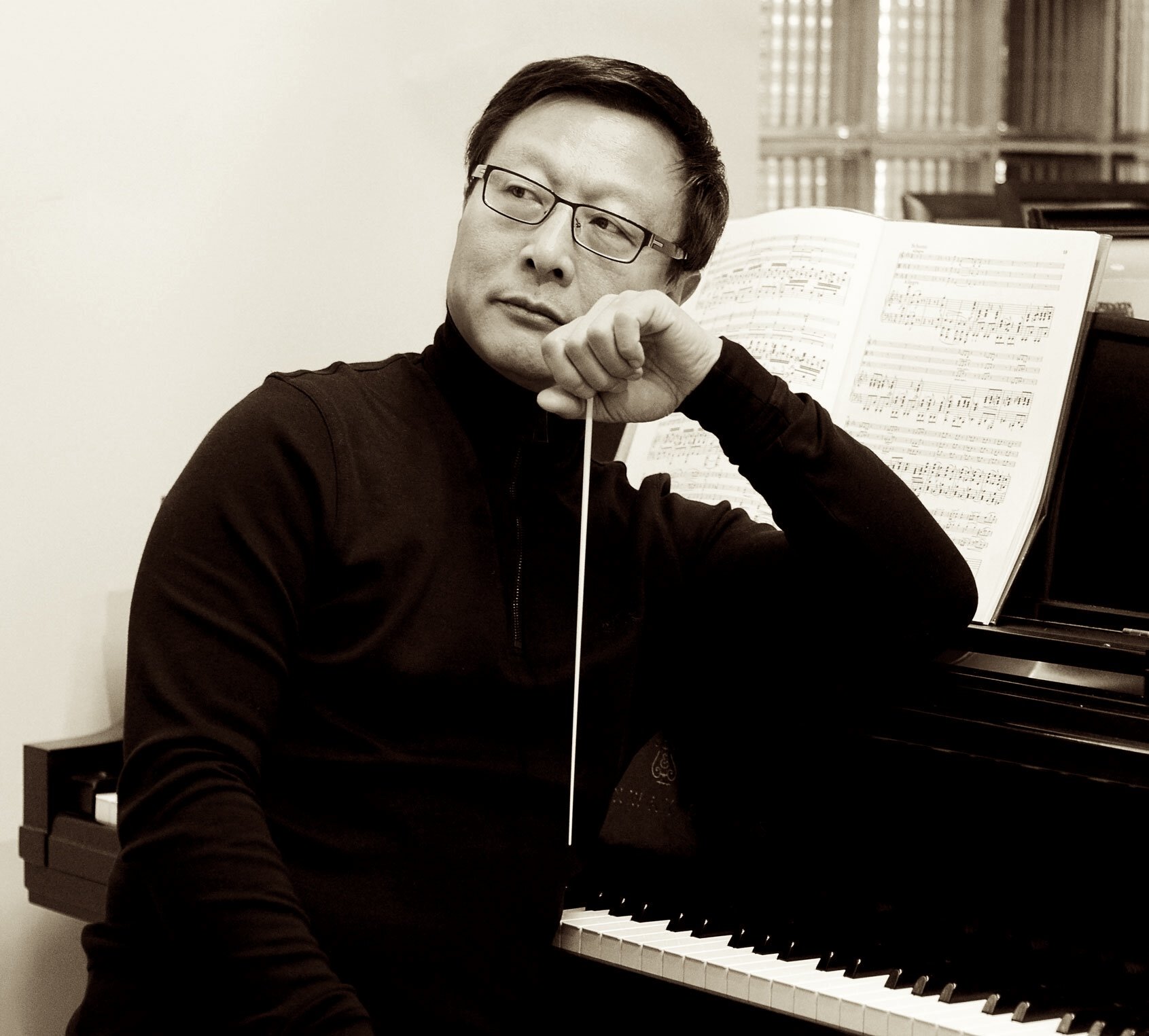
Tasting Music 2 — Love Songs
Tonight’s performance has been made possible by the generosity of Beth Barbre and John Mangan.
All humans the world over have two things in common. We share both the capacity to suffer and the right to be happy. Nowhere are these two states more perfectly encapsulated than in the Love Song.
In Verdi’s La Traviata, Violetta and Alfredo sing a great duet. He sings about his love for her, “the torment and delight of his heart.” He feels suffering and happiness simultaneously. She sings back that she just wants to be friends. Of course, she’s in love with him, too, but she is from a lower class. Turns out Alfredo’s meddling father— who just loves his son, and wants his daughter to have prospects— has coerced Violetta into professing a false sentiment. The lovers just want to be happy, but they suffer instead. By the time everyone comes around (and back onstage), convinced of and happy in the purity and goodness of the love between Violetta and Alfredo, Violetta’s pesky tuberculosis flares up one final time, bringing the whole affair to a tragic conclusion, brief happiness supplanted by ultimate suffering.
In a nutshell.
And that is what a Love Song is, the human condition of suffering and happiness in a nutshell. Of course, we are not an opera festival, but a chamber music festival. Therefore, we look to smaller forms, in this case, love songs in Chinese and Spanish by Bright Sheng and Joaquin Turina.
Artists: Brittany Boulding Breeden, violin; Timothy Christie, viola; Katri Ervamaa, cello; Jennifer Goltz-Taylor, soprano; Ronaldo Rolim, piano; Maria Sampen, violin; Xiaohui Yang, piano
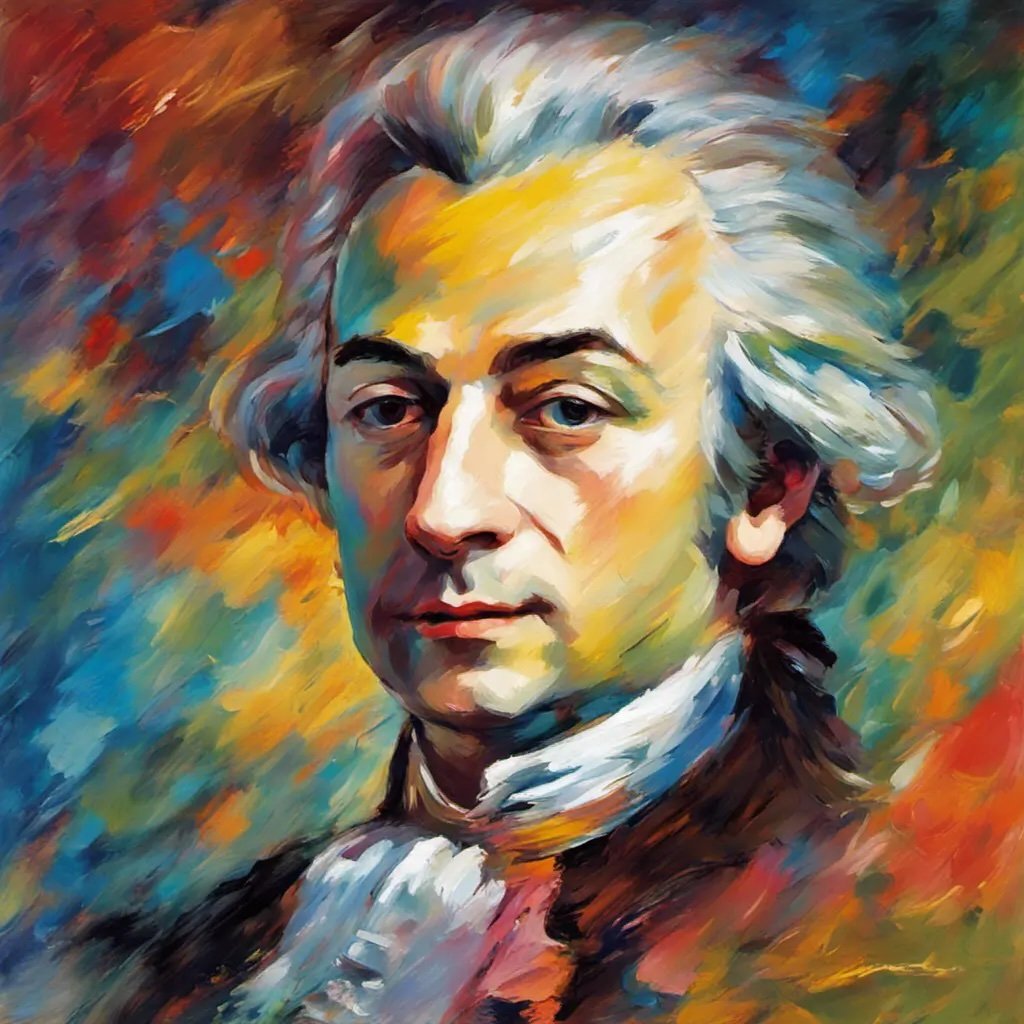
Tasting Music 3 — Mozart
Tonight’s performance has been made possible by the generosity of an anonymous donor in memory of Tim Brown — gentle soul, enquiring mind, devoted to chamber music.
Tonight’s Tasting Music performance features one of Mozart’s great chamber works. The legacy of this work is not just the invention of a musical form, the clarinet quintet, but perhaps the establishment of the clarinet itself as an indispensable part of the corps of classical instruments. The sonority of late Mozart leans into the clarinet, even displacing the more standard pair of oboes in the orchestra of the time. And behind this epiphany on Mozart’s part was one man, Anton Stadler. Stadler was a virtuoso of the instrument whose playing inspired Mozart to compose both this quintet and ultimately his final completed work, the Clarinet Concerto, K. 622. Oh, and that famous incomplete final piece? The Requiem is scored for two clarinets and no oboes. OK, ok… you know your history. Technically, the clarinets of the Concerto and the Requiem are basset horns, a variant of the clarinet with access to additional low notes. But it was Stadler who figured prominently in the invention and perfection of the basset horn, too. Tonight, our Stadler is named Schempf.
Wolfgang Amadeus Mozart (1765-1791)
Quintet in A for Clarinet and Strings, K. 581
I. Allegro
II. Larghetto
III. Menuetto
IV. Allegretto con variazioni
Artists: Timothy Christie, viola; Norbert Lewandowski, cello; Vanessa Moss, violin; Maria Sampen, violin; Kevin Schempf, clarinet
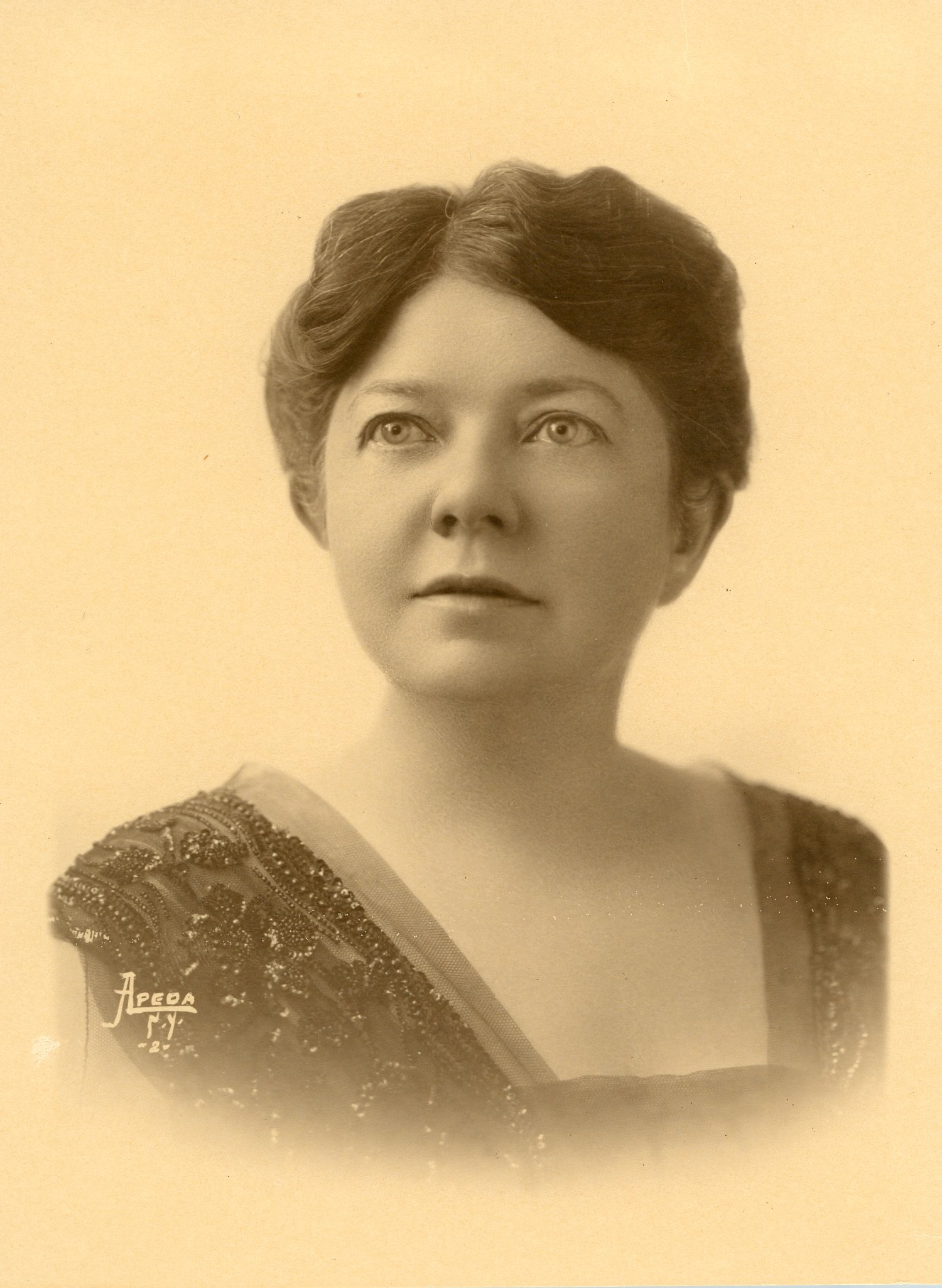
Tasting Music 4 — Amy Beach
Tonight’s performance has been made possible by the generosity of Michael Haight and Cathy Lee-Haight.
Born in New Hampshire in 1867, Amy Marcy Cheney, displayed musical gifts almost from the start. She first studied piano with her mother, then with two prominent German expats in Boston, eventually adding courses in counterpoint with a German-trained Bostonian. She established herself as a concert soloist, performing with the most esteemed arts organizations in the US, notably the Boston Symphony.
At the age of 18, Amy married Dr. Henry Harris Aubrey Beach, a 42-year old surgeon. Much about this union seems strange to our modern sensibilities, perhaps nowhere more so than in the prenuptial agreement curtailing Amy’s musical activities, limiting her public piano performances to two per year, and then only for charity. But composition was deemed a suitable pursuit for a married woman, and Mrs. Henry Harris Aubrey Beach would compose and publish musical works throughout her self-reported happy marriage, and continue to do so under the same name long after Henry’s passing in 1910.
And yet, and I say this objectively, Amy was a far superior musician than Henry was a surgeon! While he poked about with blunt instruments of the Civil War era, she performed Chopin, Liszt, Beethoven and Bach to international acclaim, and became the first American woman to compose and publish a symphony (E minor, The Gaelic, Op. 32), a work which received rave reviews in the US and Europe, a coup for any American composer, let alone a woman. Henry may still have been using leeches.
Tonight, we perform the lyrical masterpiece, the Piano Quintet in F# minor, Op. 67, by Amy Beach, as she is now known.
Amy Beach (1867-1944)
Piano Quintet in F# minor, Op. 67 (1907)
I. Adagio - Allegro moderato
II. Adagio espressivo
III. Allegro agitato - Adagio come prima - Presto
Artists: Winston Choi, piano; Timothy Christie, viola; Norbert Lewandowski, cello; Maria Sampen, violin; MingHuan Xu, violin
